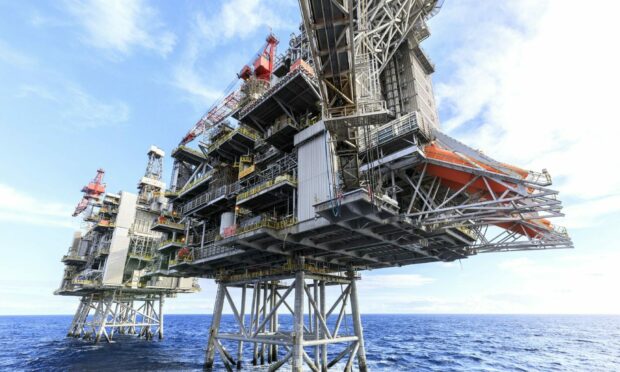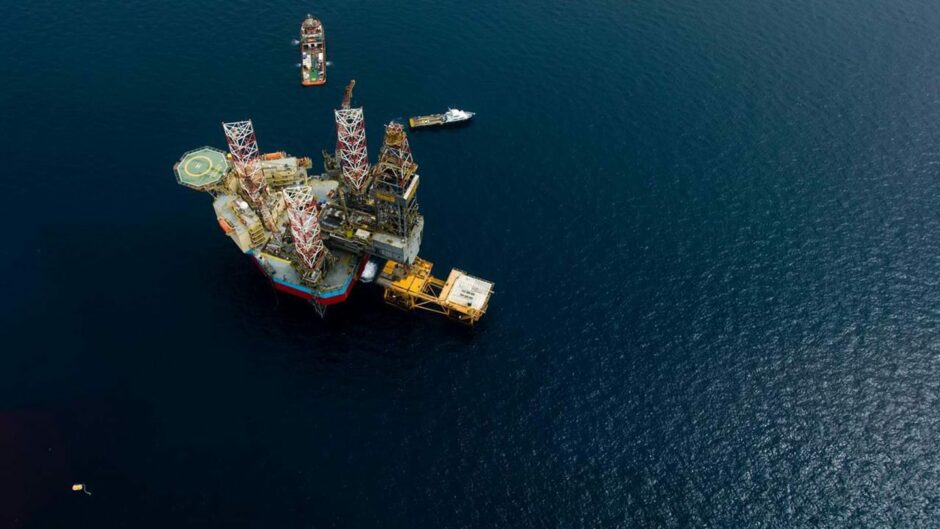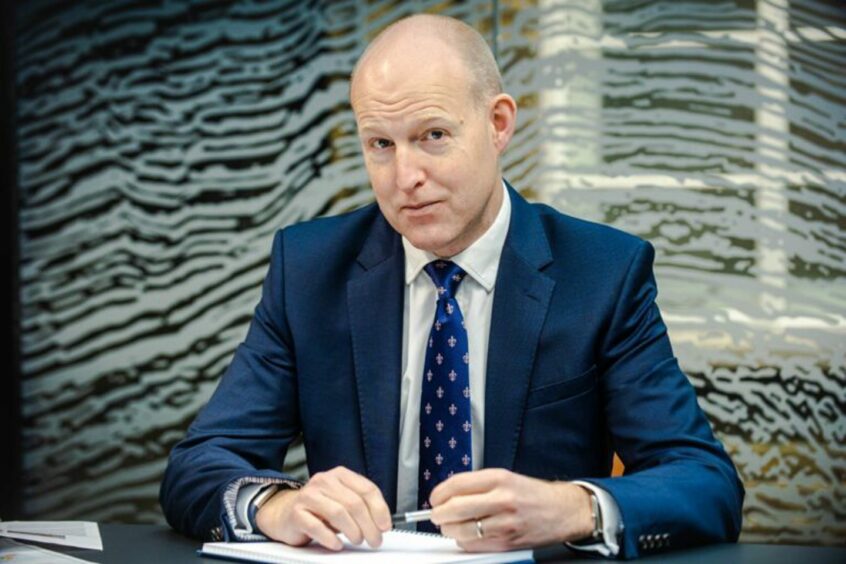The chairman of North Sea oil and gas explorer Deltic Energy has bemoaned the sector becoming a “political football” again as battle lines are drawn ahead of the next general-election.
Mark Lappin said London-listed Deltic’s North Sea porfolio was “robust”, with or without future licensing, amid a raging debate and protests over the continued extraction of fossil fuels.
In a first half results statement from the company, Mr Lappin said: “We now have assets at all stages along this conveyor belt; a portfolio of opportunities which are moving through the process from a successful Pensacola discovery… to Selene drilling plans, through to opportunities that are under assessment, and back to licences expected to be added via the current licensing round.
“Alongside this, on the demand side, we have a society highly dependent upon these resources, spending more on the import of these resources than on national defence or education, based on the (UK) government’s own figures for 2022. Imports are bad for jobs, bad for Treasury receipts, bad for energy security and bad for emissions compared with the domestic supply within our portfolio.”
He added: “With an election looming, once again our sector is a political football, but we should have confidence that the demand is there and we have the supply.
Imports are bad for jobs, bad for Treasury receipts, bad for energy security and bad for emissions.”
Mark Lappin, chairman, Deltic Energy.
“The external environment may seem hostile at times, but the political environment isn’t picking on Deltic specifically.”
Deltic lodged multiple bids as part of the latest North Sea Transition Authority licensing round, the results of which are expected imminently.
The firm is hoping to add to its existing portfolio, which includes Pensacola, the largest southern North Sea gas find in a decade, and the hotly anticipated Selene prospect.
At the start of the year it confirmed a major find on Pensacola, drilled in partnership with Shell, before announcing a significant increase to estimates.
It is thought the discovery holds around 99 million barrels of oil equivalent, nearly double initial expectations.
The well planning process for drilling Selene (Deltic interest 50%), also in the southern North Sea is “progressing well” and geotechnical surveys are pencilled in for later this year. Deltic said.
Pre-tax losses for the six months to June 30 came in at £1.14 million, compared with losses of just over £1m a year ago.
Chief executive Graham Swindells said: “It is no exaggeration to say the first half of 2023 has been transformational for Deltic, following the discovery of material quantities of hydrocarbons at Pensacola in the southern North Sea.
“With an estimated 100 million barrels of oil equivalent, the majority of which is natural gas, this represents one of the biggest UK discoveries in over a decade, and is particularly significant considering the enormous energy security issues that the country currently faces. I am confident that we will continue to build upon this going forward.”




Conversation